Eurovision 2023: history of song contest and who are all the past winners?
and live on Freeview channel 276
Whether you love it or loathe it, the Eurovision Song Contest is back.
The annual event, which is watched by an audience of around 180 million people each year, remains immensely popular across Europe and the world. Not only does it entertain but the contest has also launched the career of huge names in music.
Advertisement
Hide AdAdvertisement
Hide AdBut how did the contest come to be? And who has won it in the past? Here’s everything you need to know about the history of the Eurovision Song Contest.
When did Eurovision Song Contest begin?
The first ever Eurovision Song Contest took place in 1956 as a way to reunite and connect Europe after the Second World War. The format was based on Italy’s Sanremo Music Festival, which had been held since 1951.
Eurovision was first held in Lugano, Switzerland with seven countries taking part - Belgium, France, Germany, Italy, Luxembourg, the Netherlands and Switzerland. The UK did not join the contest until the second event in 1957.
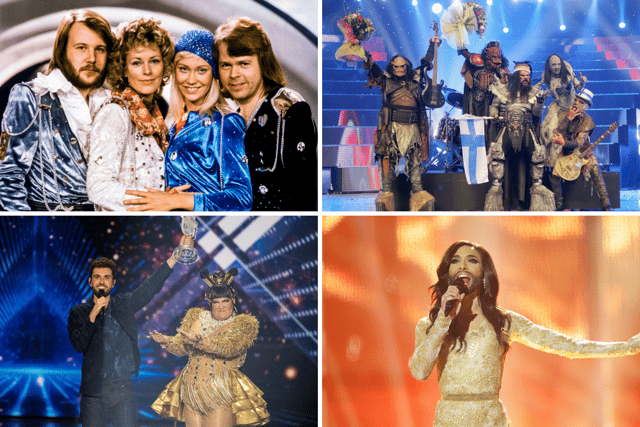

How many Eurovision Song Contests have there been?
Eurovision has been hosted annually since its inception in 1956. The only year that a contest did not take place in the past six decades is in 2020, due to the Covid-19 pandemic.
Advertisement
Hide AdAdvertisement
Hide AdThere have been 65 finals held, with the 2022 contest being the 66th.
What is the most successful country at Eurovision?
Winning the contest has given countries bragging rights in the modern era, with all of those competing hoping to pick up as many wins as possible. The most successful country in the competition is Ireland, having won Eurovision a total of seven times.
Ireland had a successful run of wins in the 1990s, becoming the first country to win the competition three years in a row. They are followed by Sweden, who have six wins. Luxembourg, France, the UK and the Netherlands all take bronze position, with five wins.
Loading....
The full list of Eurovision winners
The Eurovision stage has been home to some famous faces and has even launched the career of huge names such as ABBA and Celine Dion. The two then-unknown stars became famous overnight after taking home the Eurovision trophy.
Advertisement
Hide AdAdvertisement
Hide AdResults have often thrown up some surprises, with a four-way tie even being called in one year. Here are a full list of the winners:
1956
Switzerland: Refrain - Lys Assia
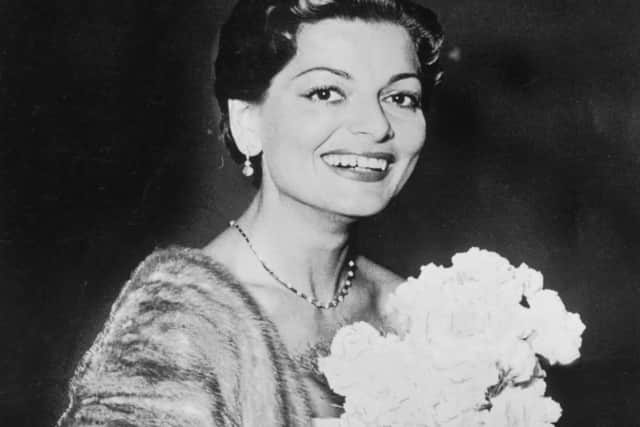

1957
The Netherlands: Net Als Toen - Corry Brokken
1958
France: Dors Mon Amour - André Claveau
1959
The Netherlands: Een Beetje - Teddy Scholten
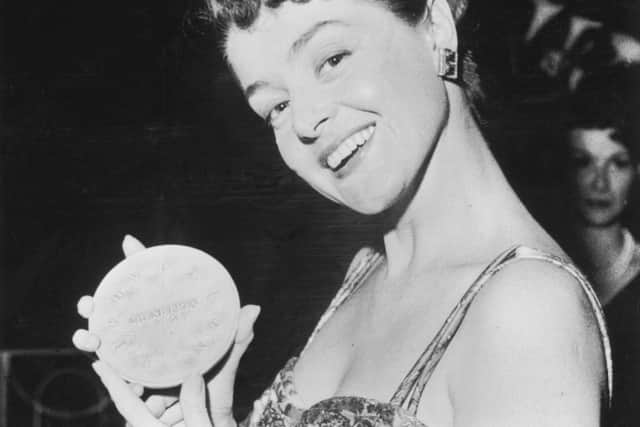

1960
France: Tom Pillibi - Jaqueline Boyer
1961
Luxembourg: Nous Les Amoureux - Jean-Claude Pascal
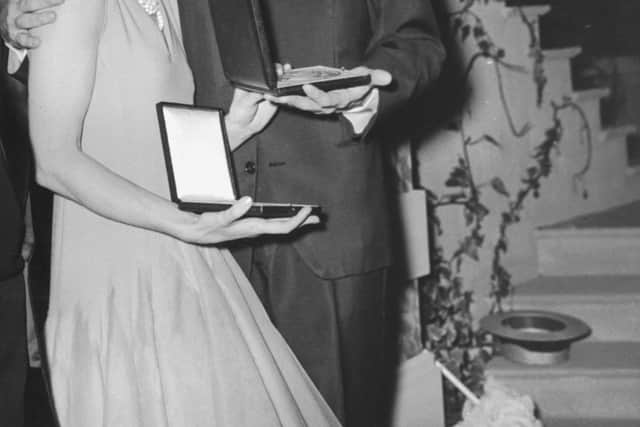

1962
France: Un Premier Amour - Isabelle Aubret
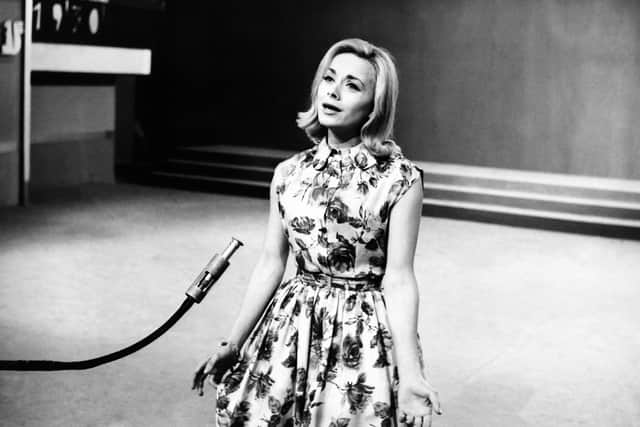

1963
Denmark: Dansevise - Grethe and Jørgen Ingmann
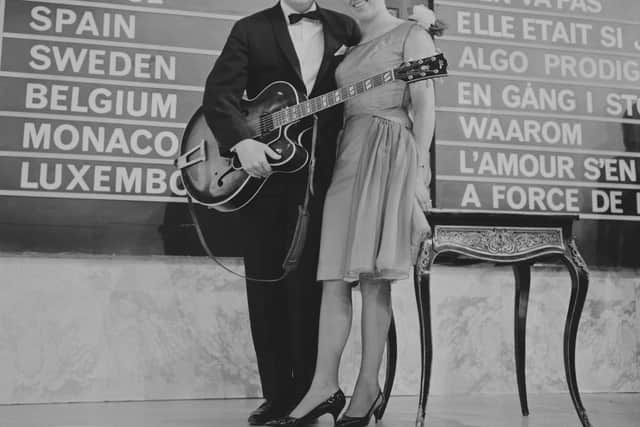

1964
Italy: Non Ho L’étà - Gigliola Cinquetti
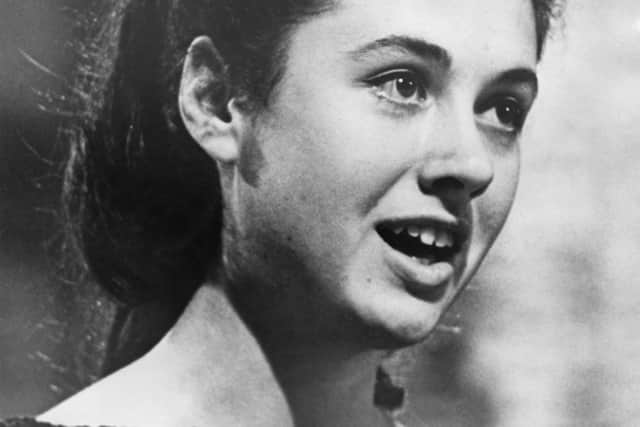

1965
Luxembourg: Poupée De Cire, Poupée De Son - France Gall
1966
Austria: Merci Chérie - Udo Jürgens
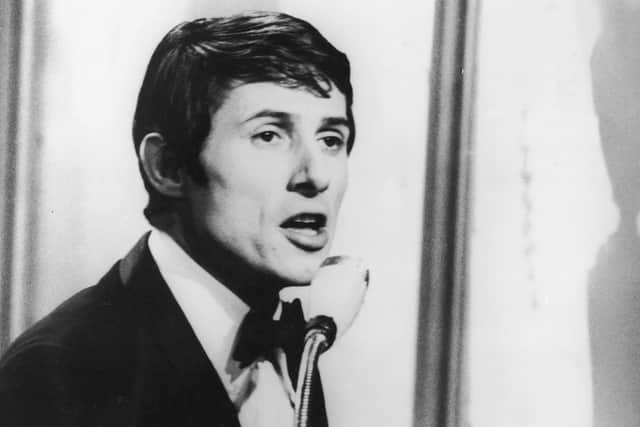

1967
United Kingdom: Puppet On A String - Sandie Shaw
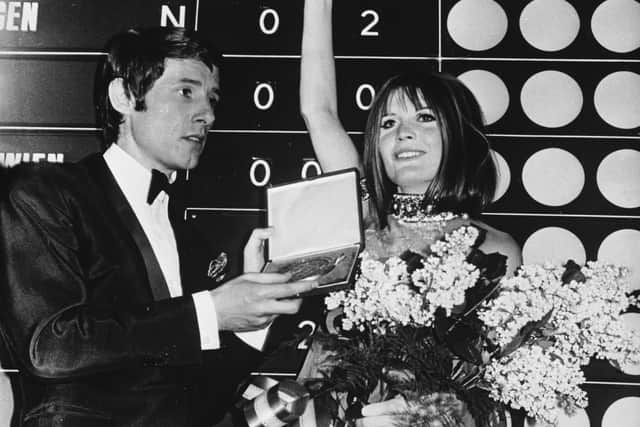

1968
Spain: La, La, La... - Massiel
1969
Four-way tie
France: Un Jour, Un Enfant - Frida Boccara
United Kingdom: Boom Bang-a-bang - Lulu
The Netherlands: De Troubadour - Lenny Kuhr
Spain: Vivo Cantando - Salomé
1970
Ireland: All Kinds of Everything - Dana
1971
Monaco: Un Banc, Un Arbre, Une Rue - Séverine
1972
Luxembourg: Après Toi - Vicky Leandros
1973
Luxembourg: Tu Te Reconnaîtras - Anne-Marie David
1974
Sweden: Waterloo - ABBA
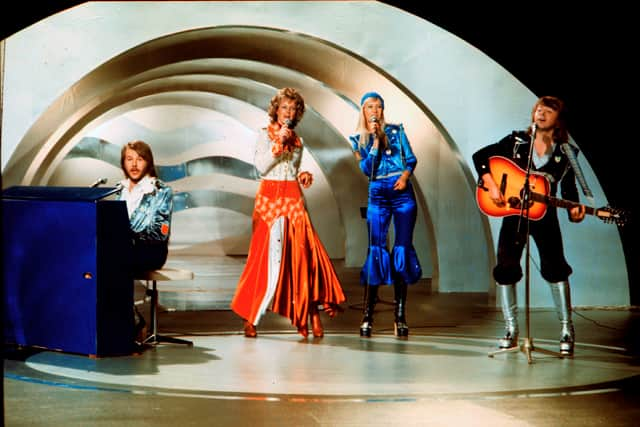

1975
The Netherlands: Ding-A-Dong - Teach-In
1976
United Kingdom: Save Your Kisses For Me - Brotherhood of Man
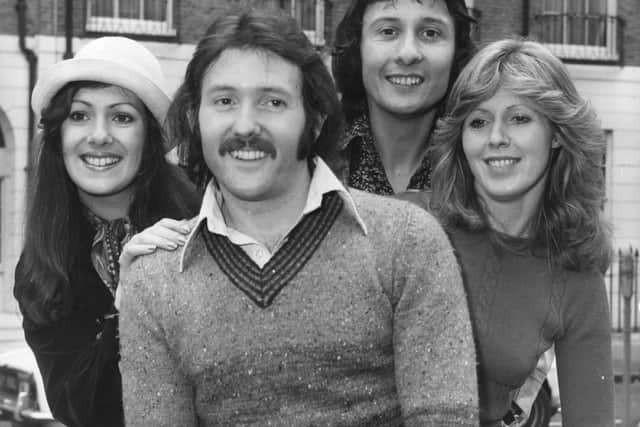

1977
France: L’oiseau Et L’enfant - Marie Myriam
1978
Israel: Abanibi - Izhar Cohen and the Alphabeta
1979
Israel: Hallelujah - Milk and Honey
1980
Ireland: What’s Another Year - Johnny Logan
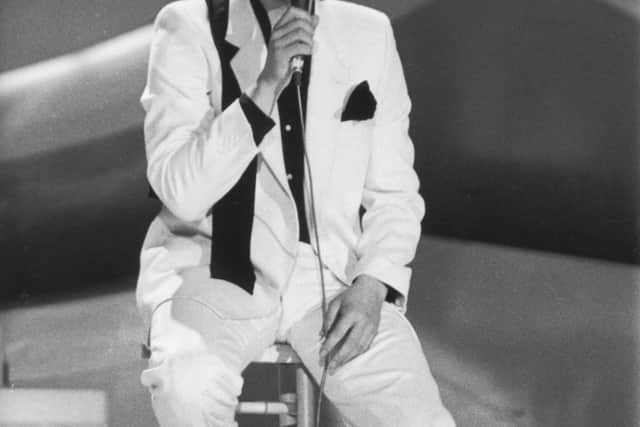

1981
United Kingdom: Making Your Mind Up - Bucks Fizz
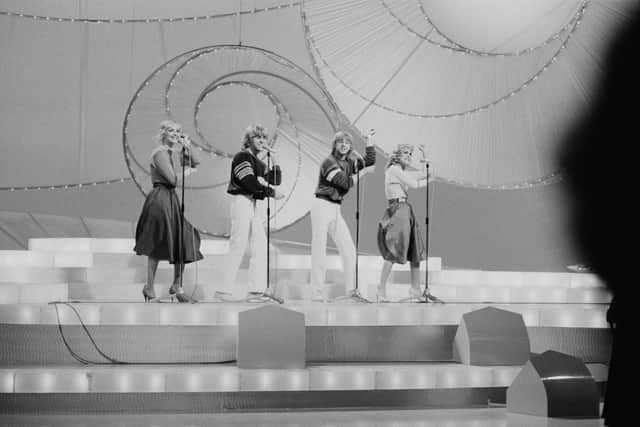

1982
Germany: Ein Bißchen Frieden - Nicole
1983
Luxembourg: Si La Vie Est Cadeau - Corinne Hermès
1984
Sweden: Diggi-loo Diggy-ley - Herrey’s
1985
Norway: La Det Swinge - Bobbysocks
1986
Belgium: J’aime Le Vie - Sandra Kim
1987
Ireland: Hold Me Now - Johnny Logan
1988
Switzerland: Ne Partez Pas Sans Moi - Céline Dion
1989
Yugoslavia: Rock Me - Riva
1990
Italy: Insieme: 1992 - Toto Cutugno
1991
Sweden: Fångad Av En Stormvind - Carola
1992
Ireland: Why Me - Linda Martin
1993
Ireland: In Your Eyes - Niamh Kavanagh
1994
Ireland: Rock ‘n’ Roll Kids - Paul Harrington and Charlie McGettigan
1995
Norway: Nocturne - Secret Garden
1996
Ireland: The Voice - Eimear Quinn
1997
United Kingdom:Love Shine A Light - Katrina and The Waves
1998
Israel: Diva - Dana International
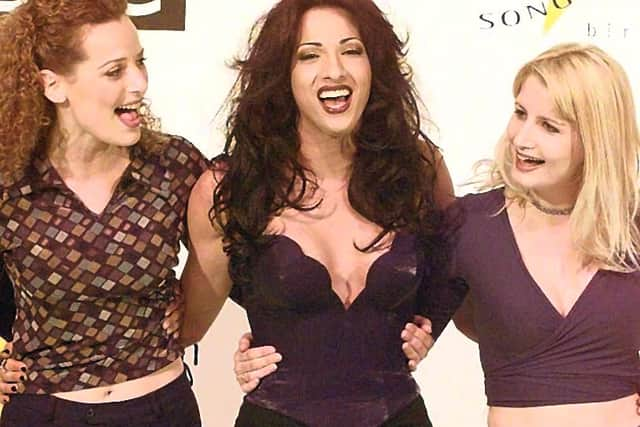

1999
Sweden: Take Me To Your Heaven - Charlotte Nilsson
2000
Denmark: Fly On The Wings Of Love - Olsen Brothers
2001
Estonia: Everybody - Tanel Padar, Dave Benton & 2XL
2002
Latvia: I Wanna - Marie N
2003
Turkey: Everyway That I Can - Setab Erener
2004
Ukraine: Wild Dances - Ruslana
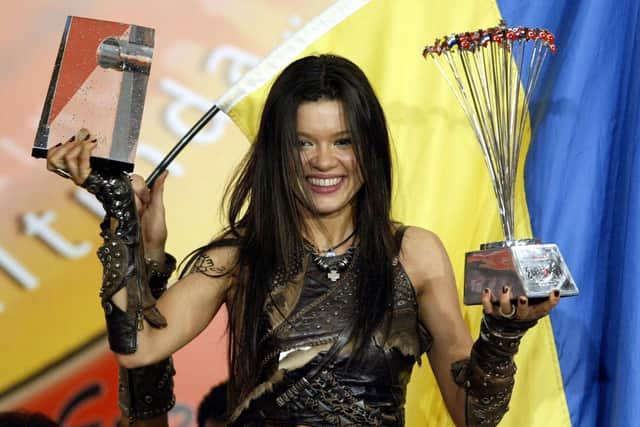

2005
Greece: My Number One - Helena Paprizou
2006
Finland: Hard Rock Hallelujah - Lordi
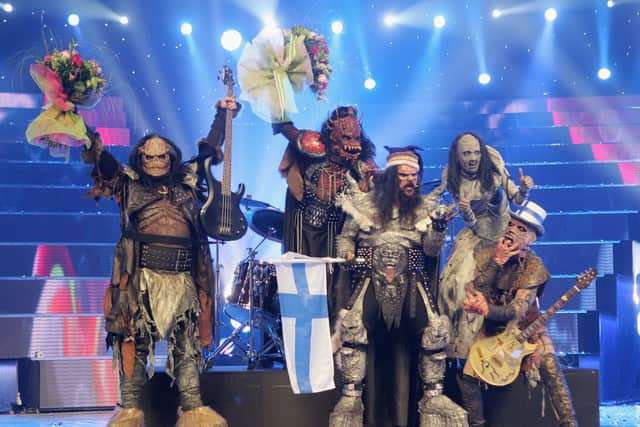

2007
Serbia: Molitva - Marija Šerifović
2008
Russia: Believe - Dima Bilan
2009
Norway: Fairytale - Alexander Rybak
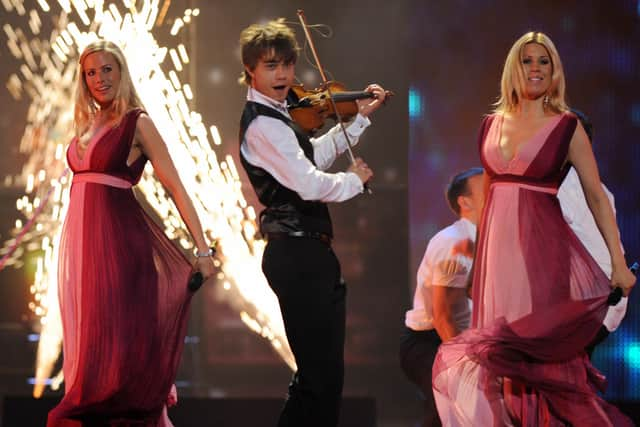

2010
Germany: Satellite - Lena


2011
Azerbaijan: Running Scared - Ell & Nikki
2012
Sweden: Euphoria - Loreen
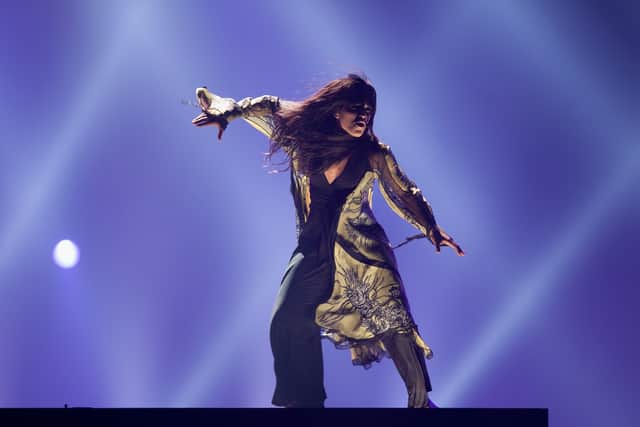

2013
Denmark: Only Teardrops - Emmelie de Forest
2014
Austria: Rise Like A Phoenix - Conchita Wurst
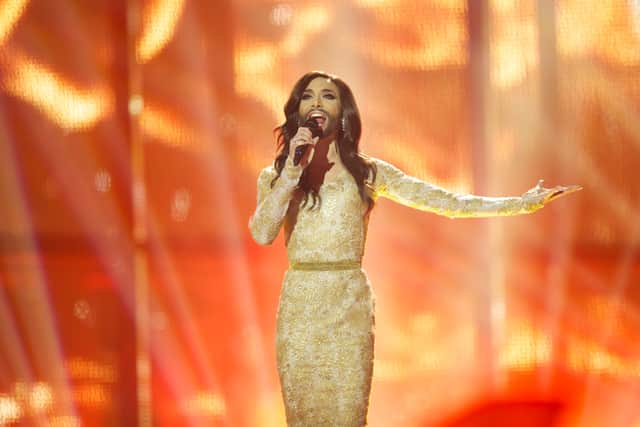

2015
Sweden: Heroes - Måns Zelmerlöw
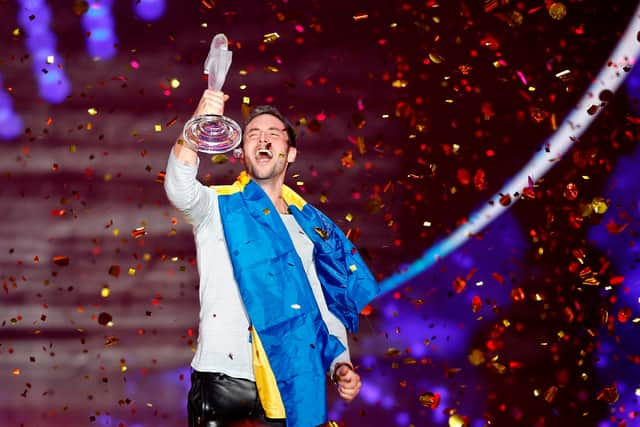

2016
Ukraine: 1944 - Jamala
2017
Portugal: Amar Pelos Dois - Salvador Sobral
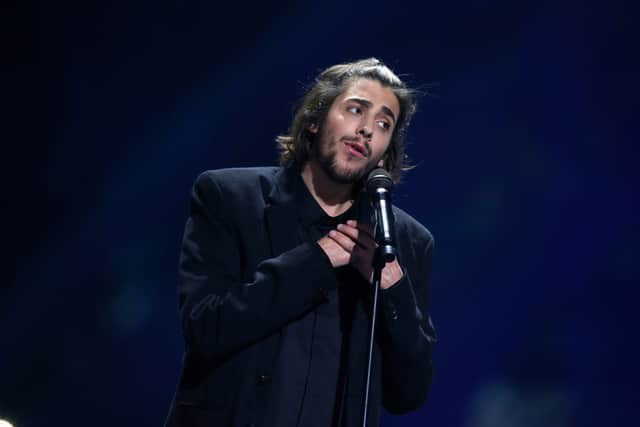

2018
Israel: TOY - Netta
2019
The Netherlands: Arcade - Duncan Laurence
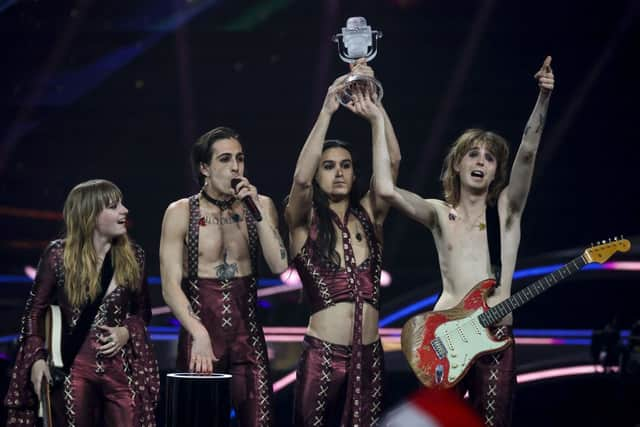

2021
Italy: Zitti E Buoni - Måneskin
2022
Ukraine: Stefania by Kalush Orchestra
Who is favourite to win Eurovision 2023?
The current favourite to take home the Eurovision trophy in 2023 is Sweden. Loreen is back to represent her country once again, after winning the 2012 edition of the contest with 'Euphoria'.
It's a strong year for the Nordic countries, with Finland becoming a strong contender for Sweden. France and Ukraine also are in a good position in the bookies' odds.
Comment Guidelines
National World encourages reader discussion on our stories. User feedback, insights and back-and-forth exchanges add a rich layer of context to reporting. Please review our Community Guidelines before commenting.
